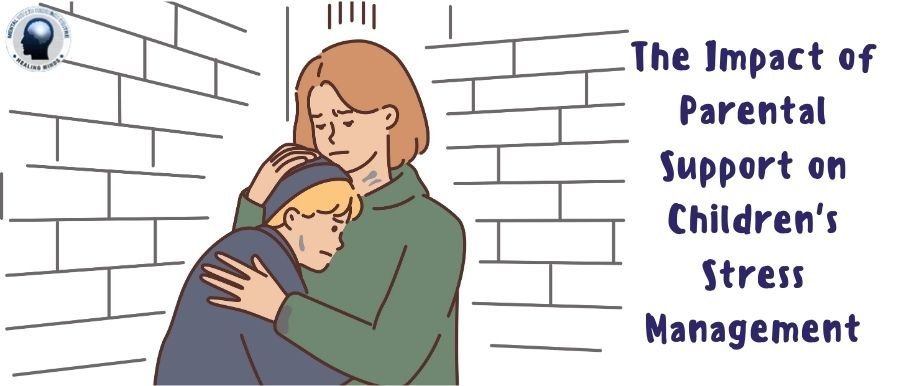Understanding stress in children
Children, like adults, experience stress in their lives. Stress can be triggered by various factors such as school pressure, family issues, social interactions, and extracurricular activities. It is important for parents to recognize the signs of stress in their children, which may include changes in behavior, mood swings, difficulty concentrating, and physical symptoms like headaches or stomach aches. By understanding what causes stress in children, parents can take proactive steps to help them manage it effectively.
Building a supportive environment
Creating a supportive environment at home is essential for helping children manage stress. Encourage open communication and provide a safe space for your child to express their feelings and concerns. Listen to them without judgment and offer reassurance and validation. By fostering a strong emotional connection with your child, you can help them feel supported and understood, which can reduce their stress levels.
Teaching stress management techniques
Teaching children stress management techniques can empower them to cope with challenging situations. Encourage your child to practice deep breathing exercises, mindfulness, or meditation to help them relax and calm their mind. Physical activities such as yoga, exercise, or outdoor play can also be beneficial in reducing stress and improving mood. By teaching your child these techniques, you are equipping them with valuable tools to manage stress in a healthy way.
Establishing routines and boundaries
Consistency and structure can help children feel secure and reduce their stress levels. Establishing daily routines for meals, bedtime, and homework can create a sense of predictability and stability in your child’s life. Setting clear boundaries and expectations can also help them feel safe and in control. By providing a structured environment, you can help your child navigate stress more effectively and develop resilience in the face of challenges.
Encouraging healthy habits
Encouraging healthy habits such as proper nutrition, regular exercise, and adequate sleep is crucial for managing stress in children. A balanced diet rich in fruits, vegetables, and whole grains can support your child’s physical and mental well-being. Physical activity not only helps reduce stress but also boosts mood and energy levels. Ensuring your child gets enough sleep is essential for their overall health and resilience against stress. By promoting these healthy habits, you can help your child build a strong foundation for managing stress.
Seeking professional help when needed
If your child is consistently experiencing high levels of stress that impact their daily life and well-being, it may be beneficial to seek professional help. A mental health professional, such as a therapist or counselor, can provide additional support and guidance in helping your child manage stress effectively. They can offer coping strategies, therapeutic interventions, and personalized recommendations to address your child’s specific needs. Remember, it is okay to ask for help when needed, and seeking professional support can make a positive difference in your child’s mental health.


